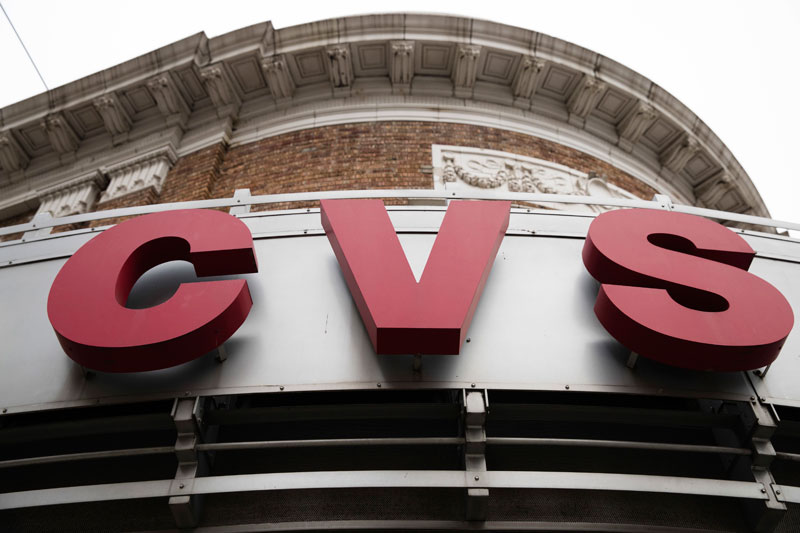
CVS Caremark hitting pharmacists with fee increase
Under increased scrutiny about millions in tax dollars it receives to manage Medicaid drug benefits, CVS Caremark announced this week it will increase the fees it charges pharmacists, including to fill prescriptions for the poor and disabled.
The transaction fee increase effective Friday came the day after a state report showed pharmacy middlemen billed taxpayer-funded Medicaid 8.8 percent more than the amount they reimbursed pharmacists.
The practice known as "spread pricing" allowed the middlemen to take a cut of $223.7 million during the year ending March 31, according to an analysis commissioned by the Ohio Department of Medicaid.
Most of that went to CVS Caremark, the pharmacy benefit manager, or PBM, for four of Medicaid's five managed-care plans.
According to CVS, the transaction fee for claims, eligibility inquiries, cost checks and other electronic communication with pharmacists will increase from 14 cents to 17 cents each.
Based on 39 million drug transactions in Medicaid alone last year, the 3-cent hike would generate an additional $1.2 million.
The fee increase will not increase costs to Medicaid, but will be paid by pharmacists, effectively lowering the amount they are reimbursed to fill prescriptions.
Critics suggest the fee hike provides CVS with additional revenue at a time it is under pressure to lower Medicaid costs to the state.
Starting July 1, state officials are requiring PBMs to report previously undisclosed data showing how much they reimburse pharmacists to fill prescriptions for Medicaid patients. State officials say it will help them monitor the price spread.
"This is yet another multi-million dollar line item in the opaque PBM revenue stream. Because these fees are charged behind the scenes, they are not accounted for in the recent Ohio Medicaid PBM data analysis, which would only add to the costs of filling prescriptions through the current costly system," said Antonio Ciaccia, director of government and public affairs for the Ohio Pharmacists Association.
Through the Medicaid analysis, we now have a small peek into the billion-dollar PBM business. But this transaction fee adjustment is just another move in the endless game of whack-a-mole. Just when you think you have the answers, PBMs change the questions."
Mike DeAngelis, senior director of corporate communications for CVS Health, denied any connection to the release of Ohio's Medicaid report.
"CVS Caremark charges a minimal transaction fee to our pharmacy network providers for on-line transactions conducted in the course of adjudicating and filling a prescription for a member. Similar fees are commonplace throughout the U.S. business community, including banks that charge transaction fees for ATM usage ...," DeAngelis said.
The "update sent to our network pharmacies about a 3-cents rate increase taking effect (Friday), from 14 cents to 17 cents per transaction, under the terms set forth in our provider manual for our network pharmacies. This update is not specific to Ohio and is unrelated to the Department of Medicaid's report."
Still, state Medicaid officials said the timing of the fee increase is curious.
"The increase in transaction fees has no impact on the state Medicaid program or taxpayer spending. However, we will monitor the potential impact on pharmacies," said Medicaid spokesman Tom Betti. "The timing of the CVS notification so close to the release of our report is interesting."
The state report, prepared by HealthPlan Data Solutions of Columbus and released Thursday, follows an investigation by The Dispatch which found that CVS Caremark was billing the state more than it paid pharmacies and often reimbursed them for less than the cost of the medication.
Medicaid officials wouldn't say whether the $223.7 million spread was excessive because it is not clear how much is profit and how much goes to administrative costs.
CVS officials claimed most of the spread they receive pays for administrative costs, but did not provide profit data for their Ohio Medicaid business.
The analysis does not look into instances reported by The Dispatch of CVS Caremark cutting rates to some independent pharmacy and then offering to purchase their businesses or PBMs steering patients to its own pharmacies.